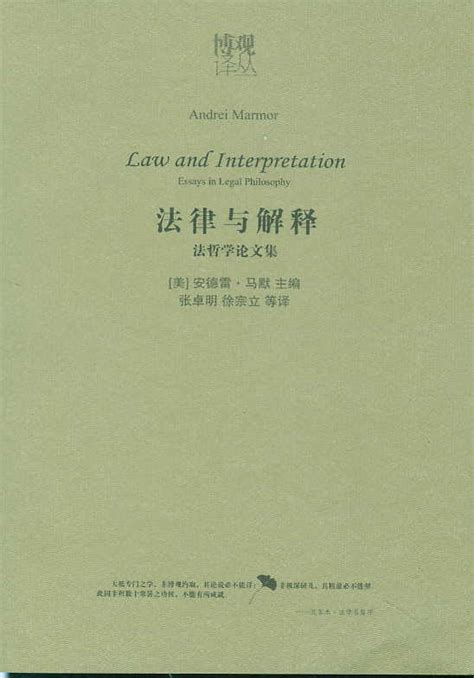法律方面的论文题目
Title: Exploring the Role of Precedent in Common Law Systems: A Comparative Analysis
In legal systems around the world, the concept of precedent plays a pivotal role in shaping judicial decisions and ensuring consistency and predictability in the application of law. This paper delves into the significance of precedent within common law systems, offering a comparative analysis across jurisdictions to highlight its various implications and challenges.
Introduction
Precedent, often referred to as stare decisis, forms the cornerstone of the common law tradition. It denotes the principle that judicial decisions become binding precedents for future cases with similar facts and legal issues. The application of precedent fosters stability, fairness, and the evolution of legal principles over time. However, the extent to which precedent influences judicial decisionmaking varies across different common law jurisdictions.
The Role of Precedent in Common Law Systems
1.
United States
: In the United States, the doctrine of stare decisis is deeply ingrained in the legal system. Courts at all levels are bound by precedents set by higher courts within their jurisdiction. The Supreme Court, as the highest authority, sets binding precedent for all lower courts. However, the U.S. legal system also allows for the possibility of overturning precedent through subsequent judicial decisions or legislative action, as seen in landmark cases like Brown v. Board of Education.2.
United Kingdom
: The UK follows a similar approach to precedent, albeit with some distinctions. The House of Lords (now replaced by the Supreme Court) historically served as the highest court of appeal, and its decisions were binding on all lower courts. With the establishment of the Supreme Court in 2009, its decisions now hold binding authority. However, the UK's adherence to precedent is somewhat flexible, as demonstrated by the practice of distinguishing or overruling previous decisions when deemed necessary.3.
Australia
: Australian courts also adhere to the doctrine of precedent, with decisions of higher courts binding on lower courts within the same hierarchy. However, Australian courts have more leeway in departing from precedent compared to the U.S. and UK. The High Court of Australia, the country's highest court, has the authority to reconsider and overrule its own decisions in exceptional circumstances to ensure the law remains adaptive and just.Challenges and Criticisms
While precedent serves as a fundamental principle in common law systems, it is not without its challenges and criticisms:
1.
Rigidity vs. Flexibility
: The binding nature of precedent can sometimes lead to rigidity in the law, making it difficult to adapt to changing societal norms or technological advancements. On the other hand, too much flexibility in departing from precedent may undermine the stability and predictability of the legal system.
2.
Overreliance on Past Decisions
: Judges may face pressure to adhere strictly to precedent, even in cases where societal values or circumstances have evolved. This overreliance on past decisions can perpetuate legal injustices or perpetuate outdated legal doctrines.3.
Inconsistencies in Precedent
: Precedent is not always consistent across jurisdictions or even within the same jurisdiction. Different interpretations of legal principles by courts at various levels can lead to conflicting precedents, creating uncertainty and confusion for legal practitioners and litigants.Conclusion
In conclusion, precedent plays a vital role in common law systems by providing a framework for consistency, predictability, and legal evolution. However, striking the right balance between adherence to precedent and the need for legal adaptability remains an ongoing challenge. By critically examining the role of precedent across different common law jurisdictions, we gain insights into its complexities and implications for the administration of justice. Moving forward, it is imperative for legal practitioners and scholars to continue evaluating and refining the application of precedent to ensure its continued relevance and efficacy in the modern legal landscape.











